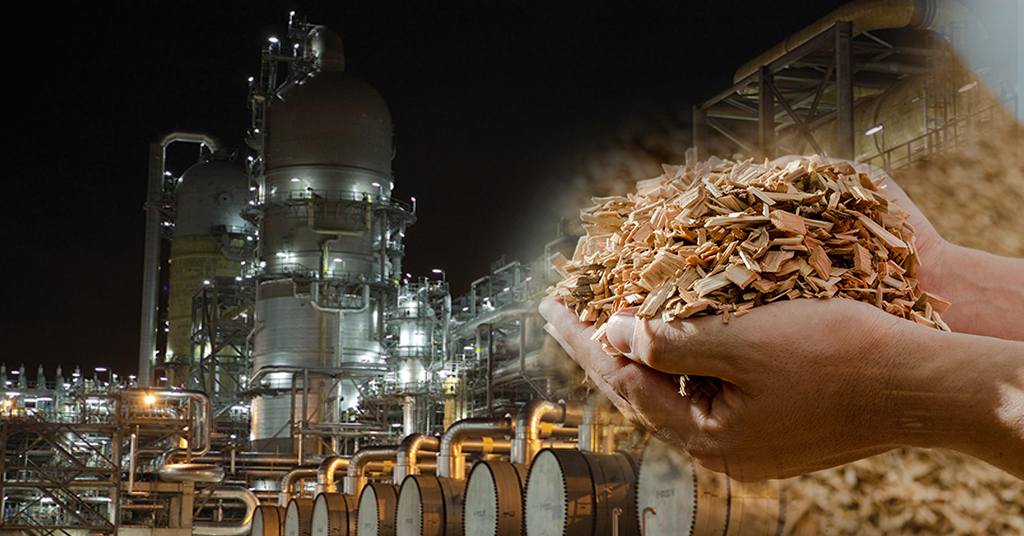Welcome To ChemAnalyst

The Vinyl Chloride Monomer (VCM) anticipated to witness challenges lie ahead for profitability as global downstream PVC demand continues to soften. The slower-than-expected recovery in the global economy and an oversupply situation are likely to persist over the first quarter of 2024. These factors are anticipated to exert pressure on the downstream PVC producers in 2024. The prevailing economic uncertainty dampened earlier expectations of an upswing in demand, resulting in sluggish consumption both domestically and in export markets. As a consequence, VCM sellers grappled with narrow profit margins in the terminating quarter of 2023.
The VCM market faced subdued demand in the downstream PVC industry across the Asian market during December 2023. In the middle of the year, the VCM futures market initially showed strength due to a fire incident in the olefin plant's cracking workshop at a company in Zibo, Shandong in China, a significant VCM producer in Asia. As a result, certain manufacturers increased their prices, prompting dealers to do the same. However, in the subsequent period, futures experienced a continuous decline, leading to a significant suppression of VCM market confidence. This resulted in a poor trading atmosphere, and VCM market prices were subsequently lowered in the last quarter of 2023. Currently, traders are acquiring purchases at reduced prices, and the overall transaction scenario remains satisfactory. Additionally, there has been a significant drop of over 3% in international crude oil futures. The convergence of these adverse factors is anticipated to lead to a short-term scenario of weakness and stability in the VCM market.
In light of the gloomy outlook, European VCM traders and manufacturers are primarily focused on the weaker PVC downstream demand, resulting in only moderate price fluctuations during this period despite concerns about freight disruptions. The challenges in freight logistics amidst the Red Sea shipping disruption have led to increased freight costs between Europe and Asia, as the extended transit time for imports becomes a significant consideration, according to a resin producer. Additionally, the anticipation of higher costs may provide some support to European VCM producers, making imports more expensive and reducing competitiveness against predominantly naphtha-based derivative plastics and chemicals production.
As per the ChemAnalyst, VCM demand is anticipated to linger in a slow-paced state during the initial quarter of 2024, in the line of persistent challenges from sluggish downstream consumption and economic conditions. The VCM market situation is further exacerbated by reduced seasonal inquiries typical during winter. Nonetheless, a source of optimism for the VCM industry participants lies in the potential easing of inflation, which could contribute to a gradual recovery in activity during the latter half of the upcoming year.
We use cookies to deliver the best possible experience on our website. To learn more, visit our Privacy Policy. By continuing to use this site or by closing this box, you consent to our use of cookies. More info.
